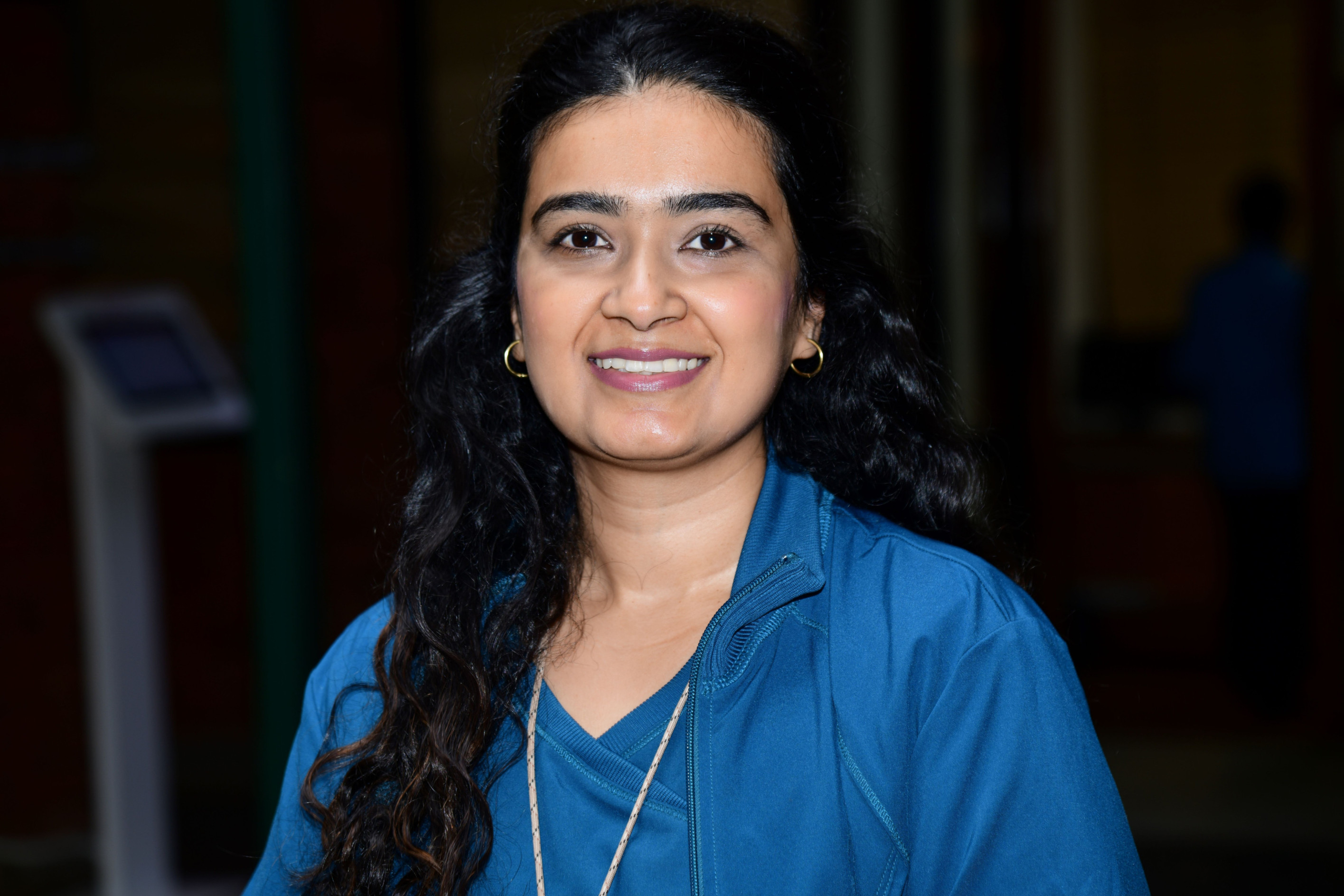 Jinagna Shah, a speech therapist at the Aga Khan University Hospital, Nairobi.
Jinagna Shah, a speech therapist at the Aga Khan University Hospital, Nairobi.
It is always a joyous occasion when a baby utters their
first words. However, this does not always happen as expected because some babies suffer delays in the development of speech.
When should a child should be able to speak and when do we classify it as delayed language development?
Dr Jinagna Shah, a speech therapist at Aga Khan University Hospital, defines delayed language as a condition often seen in babies or toddlers three to three and a half years old who have not been able to utter their first words.
Dr Jinagna says “a typically developing child should achieve their language milestones by
around 12 to 18 months. Any point beyond this, right up to the age of three,
three and a half, this gap in between is when we say that a child has delayed
speech and language.”
She adds: “Beyond 3.5 to four years, we know it is much more severe and that is when we would classify it as something called a developmental language disorder."
She further
says that there are a lot of factors that contribute to whether a baby will
become an adult who never speaks. These includes medical conditions that could
cause a child not to speak, for example, hearing impairment or neurological
conditions like cerebral palsy or seizures. She cautions that three years is
way too early for people to say that the baby may never talk.
“If a child
is not able to understand things around them, engage with their parents,
engage with other peers of their age, then that's what we call a receptive
delay. But that is not the same thing as a child being dumb or having a
cognitive delay,” says Dr Jinagna.
She says no research has proved any direct
cause of delayed language development in children. But there
are factors which contribute towards it. These are factors like, not enough
socialisation, not engaging enough, increased screen time, medical problems
which can be contributors to the problem. The contributors could be hearing impairment,
autism spectrum disorders, intellectual disability and environmental
influences.
Dr Jinagna confirms
higher incidence of delayed language development in male children but refutes the
narrative that it is purely a male condition.
“We cannot tie it
to a specific sex because other females have also been seen to have it though
not as prevalent as in the male gender. This is to mean that it is not a
clear-cut condition for a specific gender.”
She attributes delayed language development to FOXP2
gene found in a particular chromosome which has shown to have some linkage to delayed language
development
There are
several disorders which are known to be seen more in young boys especially developmental
disorders, which has mostly been observed in boys than in girls.
Giving babies eggs whole they are still little has nothing to do with speech development as there is no scientific evidence to prove that theory.
“There is
actually no evidence to show that any kind of diet or avoiding something or
having something extra could contribute or limit a speech delay. Of course, for
healthy development physically and mentally, a nutritious diet is recommended,”
she said.
She recommends
several factors which can be used to help children develop language at an
earlier stage in their life.
Engaging young children in more one-on-one play
by parents and caregivers could boost their language development. She also says
increasing stimulation and reading for the babies will help during the language
development process.
Exposing
the child to more social opportunities increases their chances of developing
speech at an earlier stage. When things are worse, she recommends seeking out
professional help, which would start from a paediatrician and a developmental
check just to see if all the milestones are being met.
“Whether or not there are any secondary medical conditions that could be contributing to a speech delay, where appropriate, engaging with a speech and language therapist who is the professional that helps you, helps your child come out of this delay," she says.
On top of it all, children learn from each other. Especially, they pick up language from each other in a wonderful way.
So having more
socialisation, having more opportunities for the child to communicate, correlates with better development of their language.










